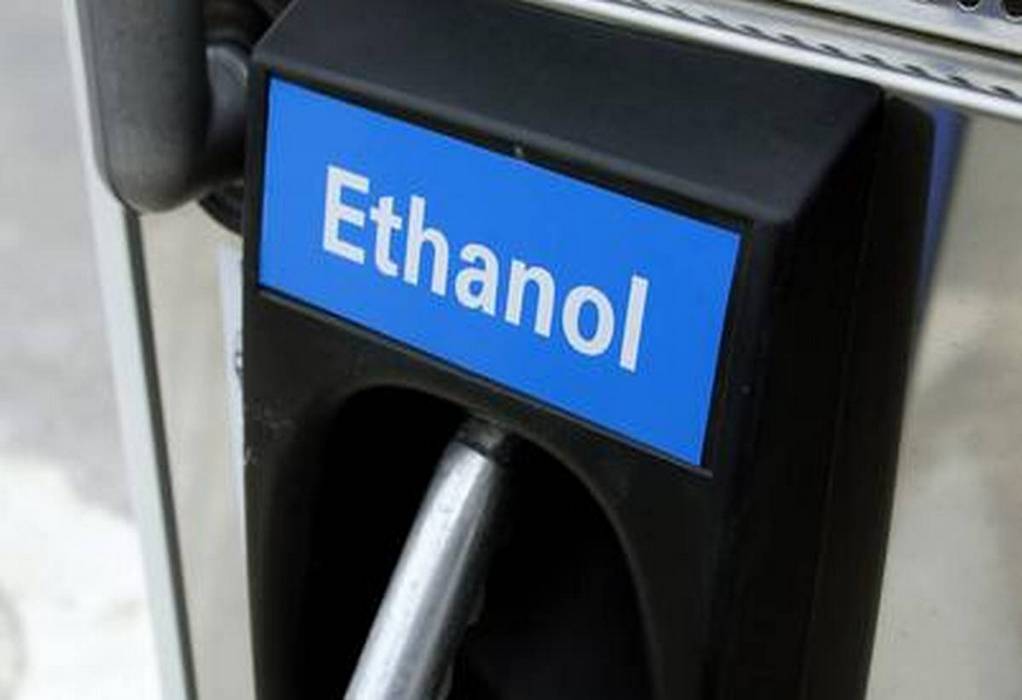India andBrazil have agreed to work towards developing an Indian-Brazil Alliance for Bioenergy and Biofuels along with the establishment of a virtual India-Brazil Centre of Excellence on Ethanol.
Both countries have also agreed on a concerted effort to position sustainable bioenergy and biofuels as integral parts of the global energy transition, especially for transport, industry, and other difficult-to-decarbonise sectors, such as aviation and shipping.
These decisions were taken during the three-day visit (April 19, 20, 21) of Brazil’s Minister of Mines and Energy, Bento Albuquerque wherein he paid a visit to Hardeep Singh Puri, Minister of Petroleum and Gas.
The leaders reviewed the existing bilateral cooperation across the entire spectrum of the energy sector and committed to enhancing the beneficial partnership between the countries. They expressed satisfaction at the important role bilateral energy cooperation has played in deepening the strategic partnership between the two countries.
Both Ministers recognised the importance of the robust investment in the Brazilian oil and gas sector made by Indian companies and reaffirmed their commitment to safeguarding existing investments while encouraging further bilateral investments.
The two sides also highlighted the importance of the bilateral trade in oil and its by-products and expressed their willingness to expand this mutually beneficial trade. India further expressed its interest in sourcing crude oil under long-term special contracts.
Many bilateral and international activities and initiatives undertaken in the biofuels sectors were reviewed by Puri and Albuquerque.
The Ministers took note of the conclusions of the Joint Working Group on Bioenergy Cooperation, whose first meeting happened on August 6, 2021, and identified priorities for further bilateral cooperation in nine key areas as follows under two broad focus zones – Implementation and Scaling Up and Technology and future fuels.
Under Implementation and Scaling Up, aspects that were prioritised include – technical aspects of vehicle use of E20 blends in current fleets, technical aspects of higher blends of ethanol use in flex-fuel vehicles, flex-fuel technologies – four-stroke and two-stroke engines (Otto Cycle), biodiesel implementation, biogas/biomethane policy and incentives, and efficient heat and power generation in sugar and ethanol plants.
With respect to technology and future fuels, both countries agreed to work on policies, feedstocks, and implementation steps for sustainable aviation fuels, second-generation ethanol, and synthetic biology cooperation.
The ministers also agreed that it was critical to reinforce the promotion of sustainable bioenergy and biofuels at the global level, which would diversify options for energy security, boost rural development, bring about technological and industrial innovation, and create jobs and opportunities while reducing local and global emissions.
Tags: Bioenergy, Biofuels, Brazil, Energy Transition, Ethanol, India

Recent Posts
Centre extends bid deadline for oil, gas blocks
CoolCo inks long-term charter deal with GAIL
Airbus launches aviation liquid hydrogen project
Researchers studying how bubbles in biodiesel help engine efficiency
Master Mariners organises seminar on “Women in Maritime – Trials and Tribulations” in Mumbai
ONGC launches four new eco-friendly cementing units
SGL partners with Hapag-Lloyd for ocean biofuel initiative
LR to work with Stena to retrofit two Stena Line ferries to methanol